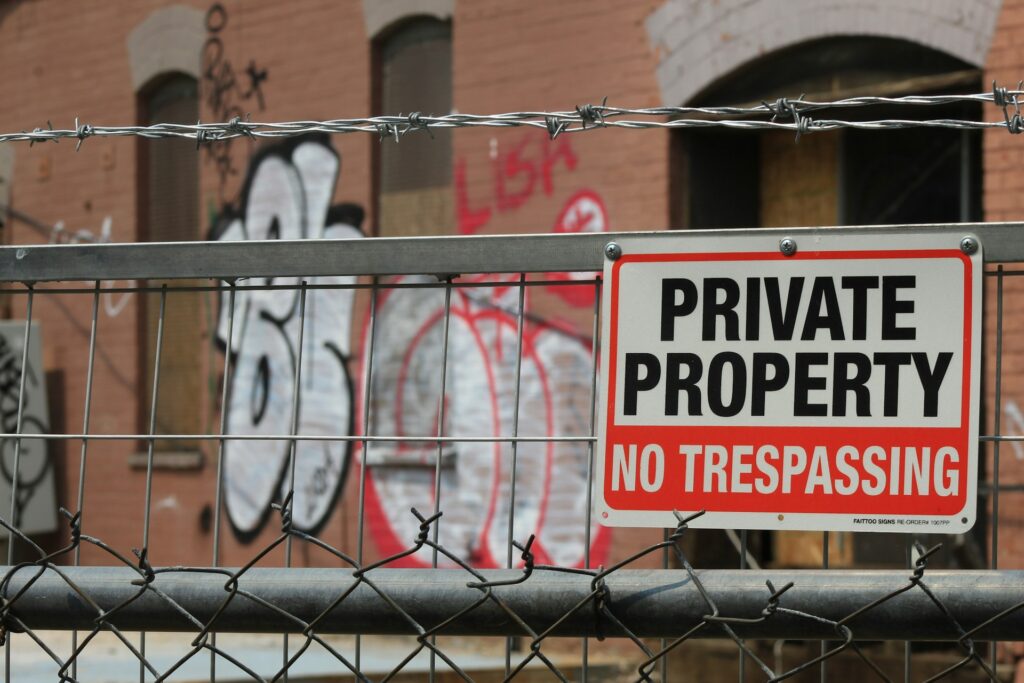When a loved one passes away, someone must step forward to handle the practical and legal responsibilities of their estate. That person is often the executor, sometimes called a personal representative. One of the executor’s most critical tasks is answering the question: how do executors of an estate locate assets? From houses and bank accounts to digital wallets and safe deposit boxes, discovering and safeguarding these assets ensures the estate is managed fairly, legally, and with respect for the deceased’s wishes.

Understanding the Executor’s Role in Asset Discovery
A fiduciary duty, which entails acting in the best interests of the estate and its beneficiaries, legally binds an executor. Finding assets is necessary, not just useful. Executors must:
- Identify and safeguard assets.
- Pay debts and taxes.
- Distribute what remains according to the will or state law.
The difficulty? A tidy checklist isn’t always included with estates. Assets could be dispersed, concealed in online accounts, or have inadequate documentation. Executors must maintain their integrity and transparency while behaving like meticulous investigators.
Step 1 – Review the Will and Estate Planning Documents

The will is your starting point. It often lists key assets or hints at where they may be located. Executors should also review:
- Trust documents for assets held outside probate.
- Codicils (amendments to wills) for updated information.
- Powers of attorney and healthcare directives, which may reveal past financial decisions or relationships with advisors.
Even when the will doesn’t name every account, it provides clues about the deceased’s financial life.
Step 2 – Collect and Secure Personal Records
Next, gather documents that tell the financial story of the deceased. Common sources include:
- Financial records: bank statements, tax returns, credit card bills.
- Property paperwork: deeds, mortgage statements, vehicle titles.
- Insurance policies: life, health, and property coverage.
- Digital accounts: email inboxes, online banking, or cloud storage.
Don’t overlook filing cabinets, desk drawers, or safe deposit boxes. Many executors discover valuable documents in unexpected places.
Step 3 – Communicate with Financial Institutions
Executors can get in touch with banks, credit unions, and investment firms once they have death certificates and letters testamentary. These organizations assist in closing accounts, verifying balances, and transferring money into the estate’s custody.
Remember to check:
- Retirement accounts (401k, IRA, pensions).
- Brokerage accounts and dividend statements.
- Unclaimed property databases, which often list forgotten accounts or old checks.
This step ensures no money slips through the cracks.
Step 4 – Investigate Real Estate and Physical Assets
Real property is usually the estate’s most valuable category. Executors should:
- Search county recorder’s offices for deeds.
- Verify property tax records for ownership.
- Identify vehicle registrations (cars, boats, RVs).
Physical assets like jewelry, artwork, or collectibles should not be overlooked. To determine their value for tax and probate purposes, these need paperwork and frequently expert appraisals.
Step 5 – Identify Debts and Liabilities
Since debts must be settled before heirs can receive distributions, identifying assets also entails knowing liabilities. Executors should:
- Review credit card accounts and loan statements.
- Identify mortgages, lines of credit, or medical bills.
- Use debt information to uncover hidden assets (e.g., a mortgage statement points to a property deed).
Ignoring debts can create personal liability for the executor, so this step is critical.
Step 6 – Search for Digital and Online Assets
Today, estates include more than physical property. Executors must also investigate digital footprints:
- Digital wallets and cryptocurrency (Bitcoin, Ethereum).
- Online payment accounts like PayPal or Venmo.
- Web domains, blogs, or online businesses.
- Social media accounts with intellectual or sentimental value.
If passwords are unknown, executors may need court orders or digital access laws (RUFADAA) to retrieve account data.
Step 7 – Use Government and Public Records
Public agencies provide a treasure trove of information:
- IRS tax returns reveal dividend, rental, and interest income.
- Social Security Administration benefits.
- Veterans Affairs pensions or disability payments.
- State unclaimed property registries, which often hold millions in dormant accounts.
Checking these resources ensures no asset is left unreported.
Step 8 – Work with Professionals When Needed
Executors don’t have to handle everything alone. Many rely on:
- Probate attorneys for legal compliance.
- Forensic accountants for tracing missing money.
- Private investigators when assets are intentionally hidden.
- Professional appraisers to value real estate, jewelry, and collectibles.
These experts can save time, reduce stress, and protect executors from costly mistakes.
Step 9 – Create a Master Inventory of Assets
Once assets are identified, compile them into a comprehensive inventory. This document should include:
- Categories (real estate, personal property, financial accounts, digital assets).
- Current valuations and appraisals.
- Notes on debts tied to each asset.
A clear inventory helps courts approve distributions and keeps heirs informed, reducing the risk of disputes.
Common Challenges Executors Face When Locating Assets
Even with diligence, executors often face hurdles:
- Uncooperative heirs withholding information.
- Incomplete or outdated records.
- Hidden or offshore accounts.
- Digital property without access credentials.
Recognizing these roadblocks early helps executors plan solutions and avoid unnecessary delays.
Legal and Ethical Considerations
Executors are fiduciaries. This means:
- They must act with honesty, transparency, and fairness.
- They cannot hide or mismanage assets.
- Courts can remove or penalize executors who fail to fulfill duties.
Understanding this responsibility keeps executors protected and beneficiaries reassured.
Practical Tips to Make the Process Easier
- Start with recent tax returns for a financial roadmap.
- Keep a spreadsheet or digital tracker for all assets.
- Use checklists to ensure nothing is overlooked.
- Maintain open communication with heirs to build trust.
Small organizational steps can prevent major headaches later.
Frequently Asked Questions (FAQ)
Q: How long does it take to locate estate assets?
A: It varies. Small estates may take weeks; complex estates with hidden accounts may take months.
Q: Can an executor be held liable for missing assets?
A: Yes. Executors are legally responsible for making reasonable efforts to locate and report all assets.
Q: How do executors find hidden bank accounts?
A: By reviewing tax returns, credit reports, unclaimed property databases, and contacting local banks.
Q: What happens if assets are found after probate closes?
A: The court may reopen probate, or assets may pass according to state “after-discovered” laws.
Q: Can executors access digital accounts without a password?
A: Sometimes. They may need to rely on digital asset laws, court orders, or help from tech platforms.
Conclusion: Bringing Clarity and Closure to Families
As an executor, finding assets is a combination of legal responsibility, family stewardship, and detective work. Executors can bring order to a complex process, though it’s not always quick or simple.
Executors make sure estates are settled amicably and efficiently by getting started early, maintaining organization, and getting expert assistance when needed. Above all, comprehensive asset discovery respects the deceased’s legacy by providing their loved ones with clarity, closure, and peace.
Read : KDArchitects Landscape Ideas by Roger Morph: Elevate Your Outdoor Sanctuary



